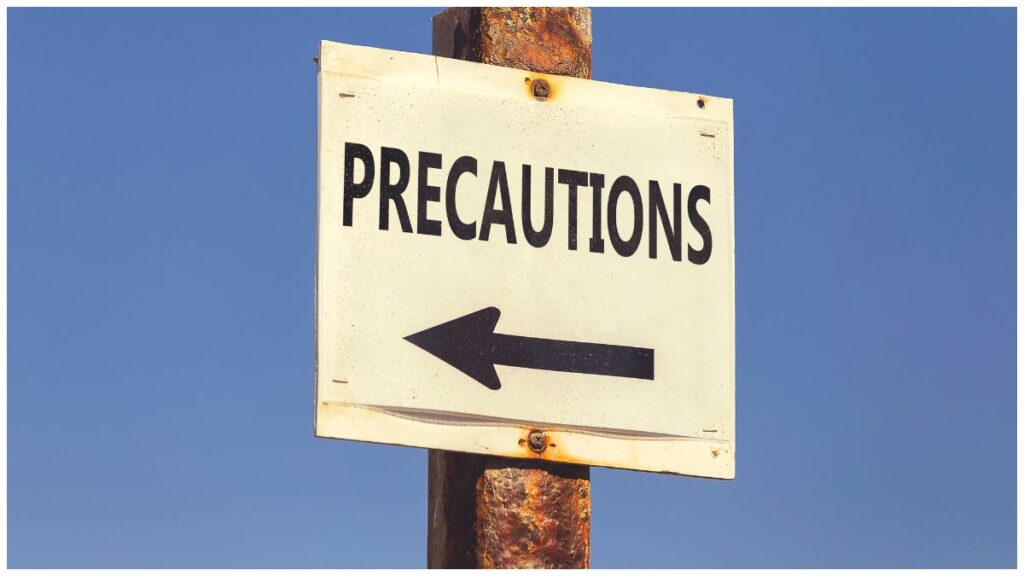Traveling unveils the world’s breathtaking landscapes, vibrant cultures, and rich histories, creating unique experiences every time. Each destination, from serene beaches to bustling streets, offers a fresh perspective and a chance to rediscover oneself. To create these unique memories and reach these amazing destinations, we often rely on various means of transport, with flying being the most popular and preferred option. It’s convenient and fast, but to have a pleasant flight, certain precautions are necessary.
- Flight Timings and Delays
One of the most crucial aspects of air travel is managing flight timings and being aware of potential delays. Regularly check your flight’s status for any changes or delays using airline apps, notifications, and flight tracking services. Arriving at the airport well in advance—typically two hours before for domestic flights and three hours for international flights—gives you ample time for check-in, security screening, and any unforeseen delays. - Luggage Restrictions
Understanding your airline’s baggage policies is essential to avoid any last-minute surprises. Familiarize yourself with the weight and size limits for checked and carry-on luggage. Overweight or oversized baggage can result in additional fees, which can be avoided with proper planning. Additionally, review the list of prohibited items to ensure you’re not carrying anything that could be confiscated at security. Carry-on luggage does not allow items like sharp objects, flammable materials, and certain liquids. - Security Procedures Precautions
Being well-prepared can smooth the process of security checks, which can consume a lot of time during travel. Place your electronics (laptops, tablets) and liquids in separate bins. Wear shoes that are easy to remove and avoid excessive metal jewelry or accessories that could set off alarms. This will help you move through the security screening process more quickly and efficiently. - Health and Safety
Airplane cabins have low humidity, which can cause dehydration. Drink plenty of water before and during the flight to stay hydrated. For long flights, it’s important to move around the cabin periodically to improve circulation and reduce the risk of deep vein thrombosis (DVT). Simple leg exercises and stretches in your seat can also help maintain your health and comfort during the flight. - Travel Documents
Keeping your travel documents organized and easily accessible is crucial. Store your passport, boarding pass, visa (if required), and any other necessary documents in a travel wallet or a designated pocket in your carry-on bag. It’s also a good idea to make photocopies or digital scans of your important documents and keep them separate from the originals. This can be incredibly helpful in case of loss or theft. - Carry-on Essentials
Your carry-on should include critical items such as medications, important documents, electronics (with chargers), and valuables. Pack a change of clothes and basic toiletries in case your checked luggage gets delayed or lost. To enhance your comfort during the flight, consider bringing items like a neck pillow, eye mask, earplugs, or a travel blanket. - Connecting Flights
When booking connecting flights, ensure that you have enough time between them. Aim for at least an hour for domestic connections and two hours for international connections to account for potential delays and the time needed to navigate through the airport. Familiarizing yourself with the layout of the connecting airport, especially if it’s large or unfamiliar, can save you time and reduce stress.
By keeping these seven points in mind, you can ensure a smoother and more enjoyable flight experience. These precautions not only help you avoid common pitfalls but also make your journey as pleasant as your destination. Safe travels!
